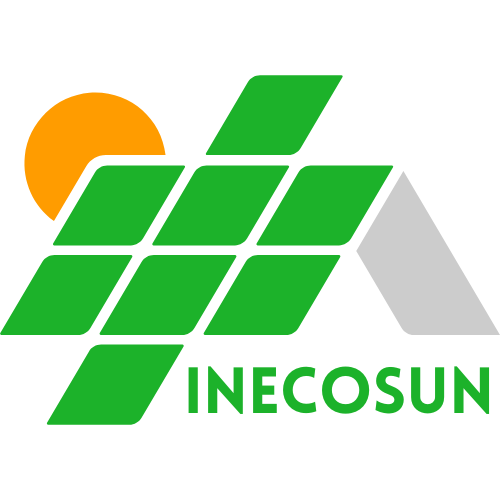In our quest for a sustainable future, renewable energy sources have become increasingly important. As we move away from fossil fuels and towards cleaner alternatives, it’s crucial to understand the different types of renewable energy available. In this article, we will explore the various forms of renewable energy and their potential to power our homes, businesses, and communities. Join us as we delve into the world of renewable energy and its potential to transform our world for the better.
Solar Energy: Powering the World with Sunlight
Solar energy is one of the most abundant and widely available renewable energy sources. It harnesses the power of the sun by capturing sunlight and converting it into electricity through the use of solar panels. Solar panels contain photovoltaic (PV) cells that absorb photons from sunlight, generating an electric current that can be used to power various devices and appliances. Solar energy offers numerous advantages, including a clean and renewable source of power, reduced dependence on fossil fuels, and potential cost savings through net metering programs.
Wind Energy: Tapping into Nature’s Breezes
Wind energy has been utilized for centuries, and today, it is a major player in the renewable energy sector. Wind turbines are used to capture the kinetic energy present in the wind and convert it into mechanical or electrical energy. As the wind blows, it spins the blades of the turbine, which in turn, rotates a generator to produce electricity. Wind energy is clean, abundant, and continuously replenished, making it a sustainable alternative to traditional power sources. It is particularly well-suited for windy regions, coastal areas, and open landscapes.
Hydropower: Harnessing the Power of Moving Water
Hydropower has long been a reliable source of renewable energy. It involves harnessing the energy present in flowing or falling water and converting it into electricity. Hydroelectric power plants utilize turbines to capture the energy of water as it flows downstream or falls from a height, such as a dam. The kinetic energy of the water turns the turbines, which then drive generators to produce electricity. Hydropower offers several advantages, including scalability, reliability, and the ability to store excess energy through pumped storage systems.
Biomass Energy: Utilizing Organic Matter
Biomass energy utilizes organic matter, such as agricultural waste, wood pellets, or dedicated energy crops, to produce heat or electricity. Biomass can be directly burned to generate heat or used in specialized power plants to produce steam, which in turn drives turbines to generate electricity. As organic matter grows, it absorbs carbon dioxide from the atmosphere, making biomass a carbon-neutral energy source when managed sustainably. Biomass energy can also help reduce waste and provide an additional revenue stream for farmers and forest owners.
Geothermal Energy: Unlocking the Earth’s Heat
Geothermal energy harnesses the heat stored within the earth to produce electricity or provide direct heating and cooling. This renewable energy source taps into the natural heat from the earth’s core, which is continuously replenished by ongoing geothermal processes. Geothermal power plants extract hot water or steam from underground reservoirs and utilize it to drive turbines, producing electricity. Geothermal systems can also provide efficient heating and cooling through the use of geothermal heat pumps, which utilize stable ground temperatures to regulate indoor climate.
Advantages of Renewable Energy
Renewable energy sources offer various advantages over traditional fossil fuels:
- Environmental Sustainability: Renewable energy sources produce little to no greenhouse gas emissions, helping to combat climate change and reduce air pollution.
- Energy Independence: Harnessing renewable energy allows communities, businesses, and individuals to become more self-reliant, reducing dependence on imported fossil fuels and volatile energy prices.
- Job Creation and Economic Growth: The renewable energy sector is a rapidly growing industry, creating countless job opportunities and contributing to economic development.
- Decreased Energy Costs: Over time, renewable energy systems can provide cost savings, particularly through net metering programs and government incentives.
Conclusion: Embracing a Clean Energy Future
The world of renewable energy offers a multitude of sustainable solutions to power our homes, businesses, and communities. By embracing solar energy, wind power, hydropower, biomass, geothermal energy, or a combination of these renewable sources, we can create a more sustainable and environmentally friendly future. At Inecosun, we are dedicated to helping individuals and businesses transition to renewable energy through solar panel installation. Contact us today to join the clean energy revolution and pave the way for a brighter and greener tomorrow.
Choose Inecosun as your trusted partner in renewable energy solutions. Together, we can build a sustainable future for generations to come.

